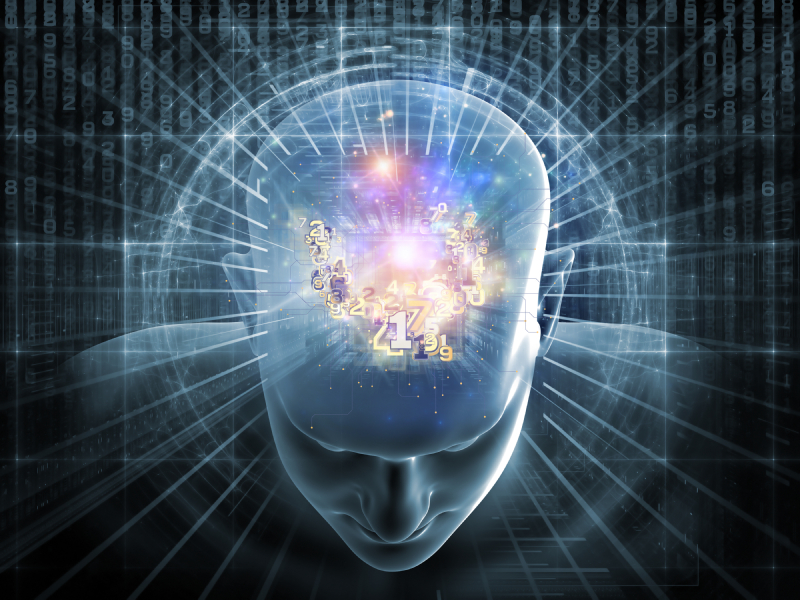Lee Seldol, the go world champion, finally admitted defeat today opposite Alphago, the program developed by Google Deep Mind, following an extremely tight battle.
“Far more effective” than Lee Seldol initially thought, artificial intelligence “played the part voluntarily”as opposed to adopting its usually effective tactical approach when the number of choices is reduced, allowing it to explore every option through to the end.
Alphago’s performance is due to the blend of technologies used including Deep learning – a technique that “imitates” the way in which humans learn from their mistakes. The designers used advanced artificial intelligence methods with networks comprising millions of neuronal connections.
Although the computer’s victory over the go world champion “will not really change things fundamentally”, as far as the discipline is concerned, it will “basically serve to heighten public awareness of the advances made in recent years” since this performance is due to an effective combination of pre-existing techniques. Artificial intelligence is already all around us. Along with chess, go is “the most symbolic game to highlight the superiority of artificial intelligence over human beings”.
The aim of artificial intelligence is to design machines capable of displaying intelligent behaviour. If computers are potentially better than human beings, it is only for the tasks for which they were designed in the first place. “Therefore, improving the capacities of machines to reach their specified objectives does not give them the means to set their own targets”: “The risk posed by artificially intelligent beingsto the human race still lies in the realm of science fiction, even today”.
So should we “be alarmed by the possible creation of artificial intelligence capable of posing a threat for the human species”, as done by Stephen Hawking (the famous physicist), Elon Musk (founder of Paypal and Tesla) and Bill Gates (founder of Microsoft)?
Le Monde 15/03/2016 – Les échos (Benoit George) 15/03/2016

